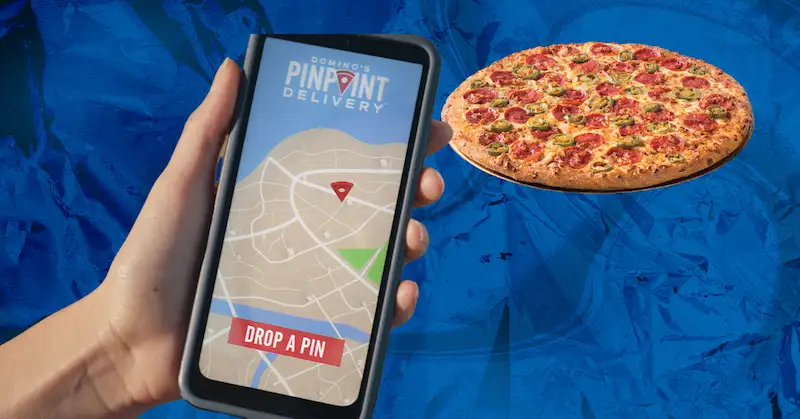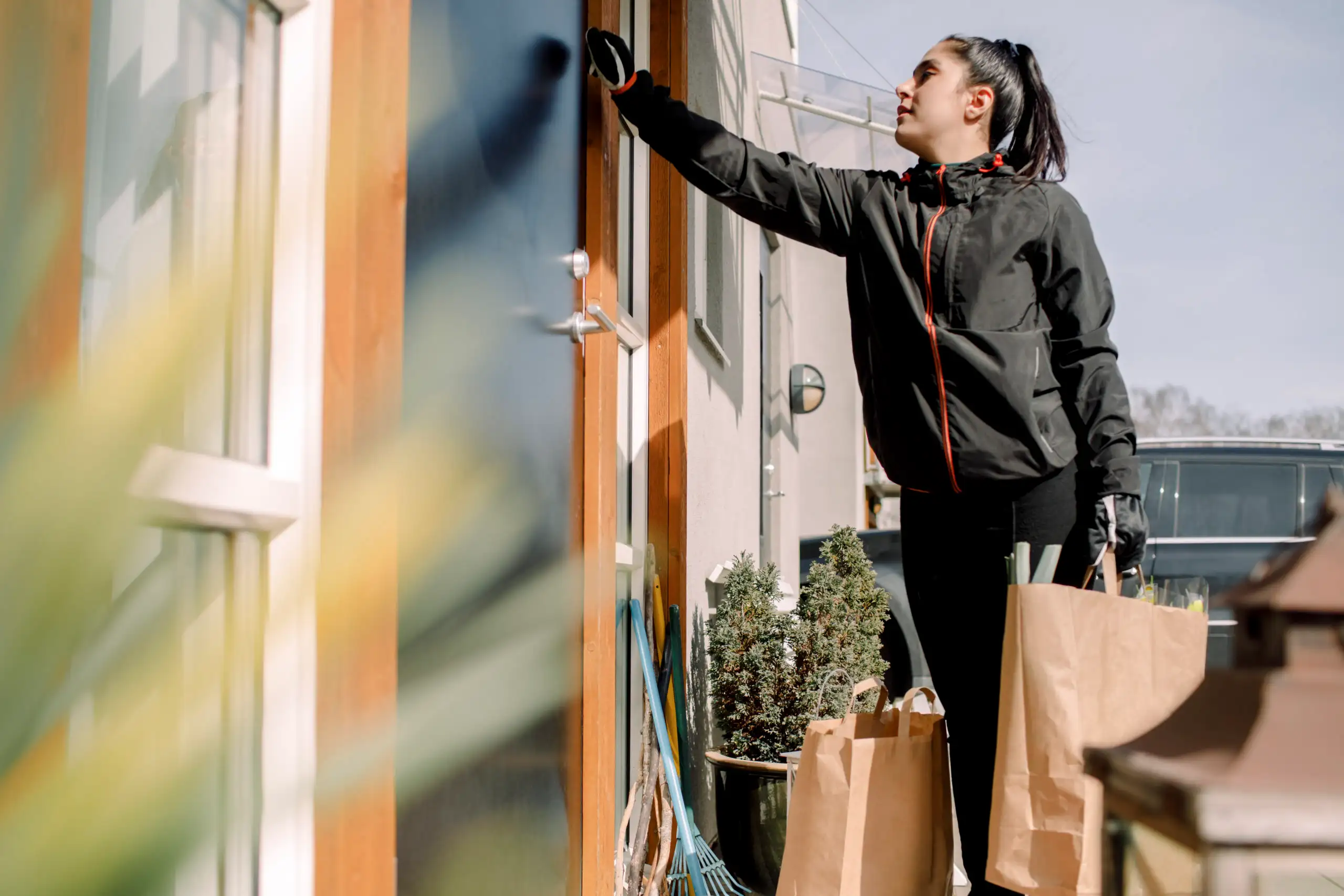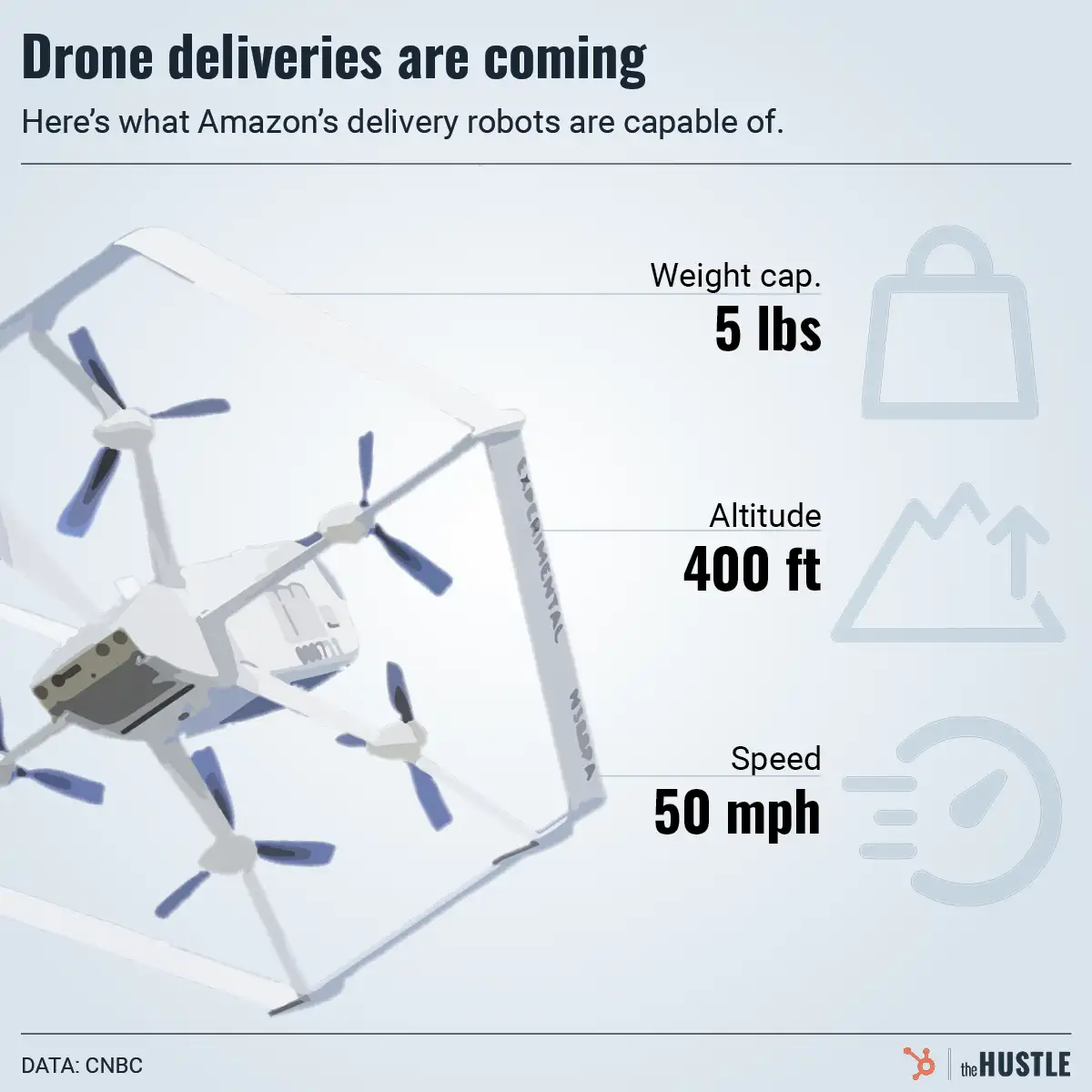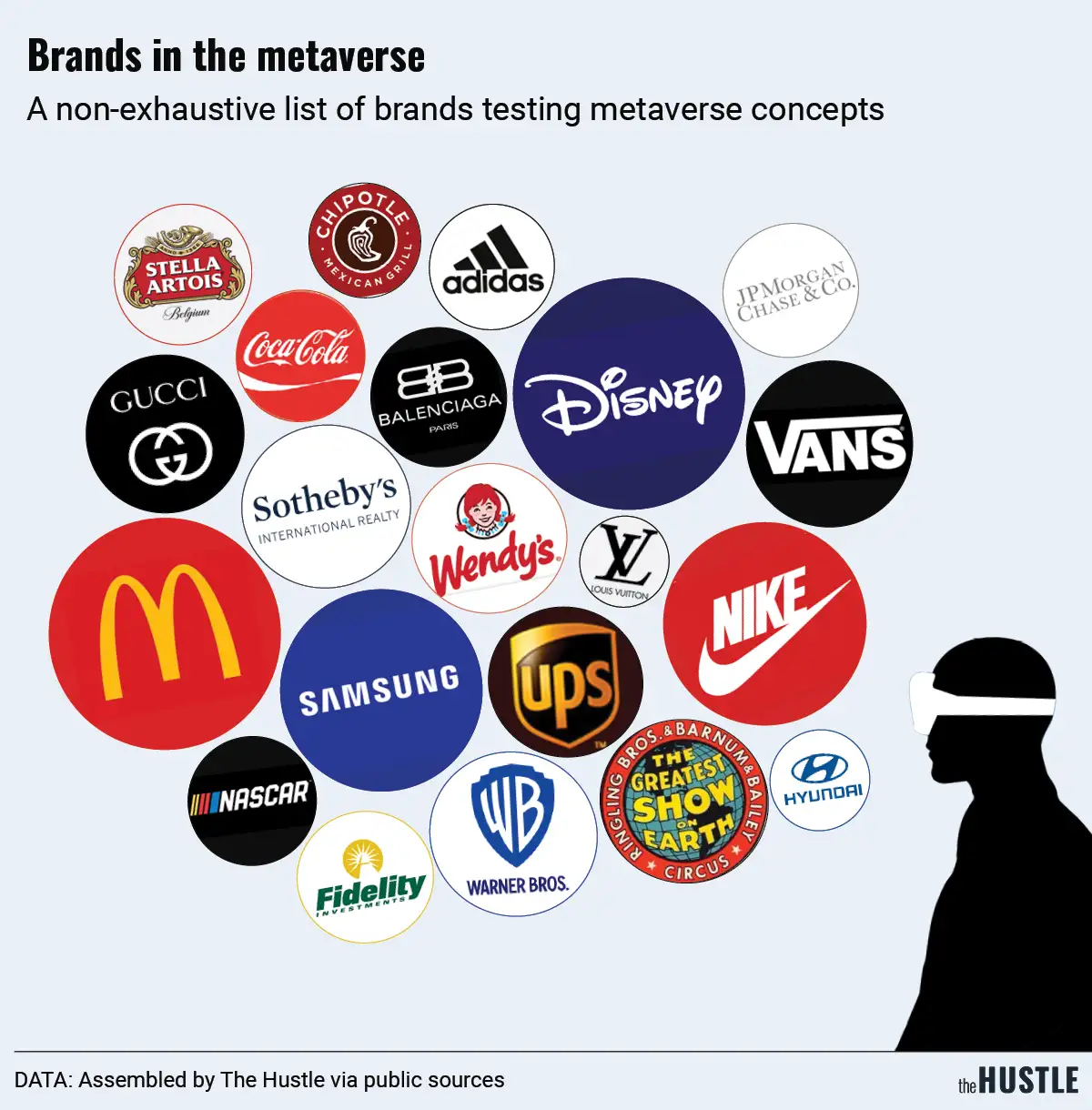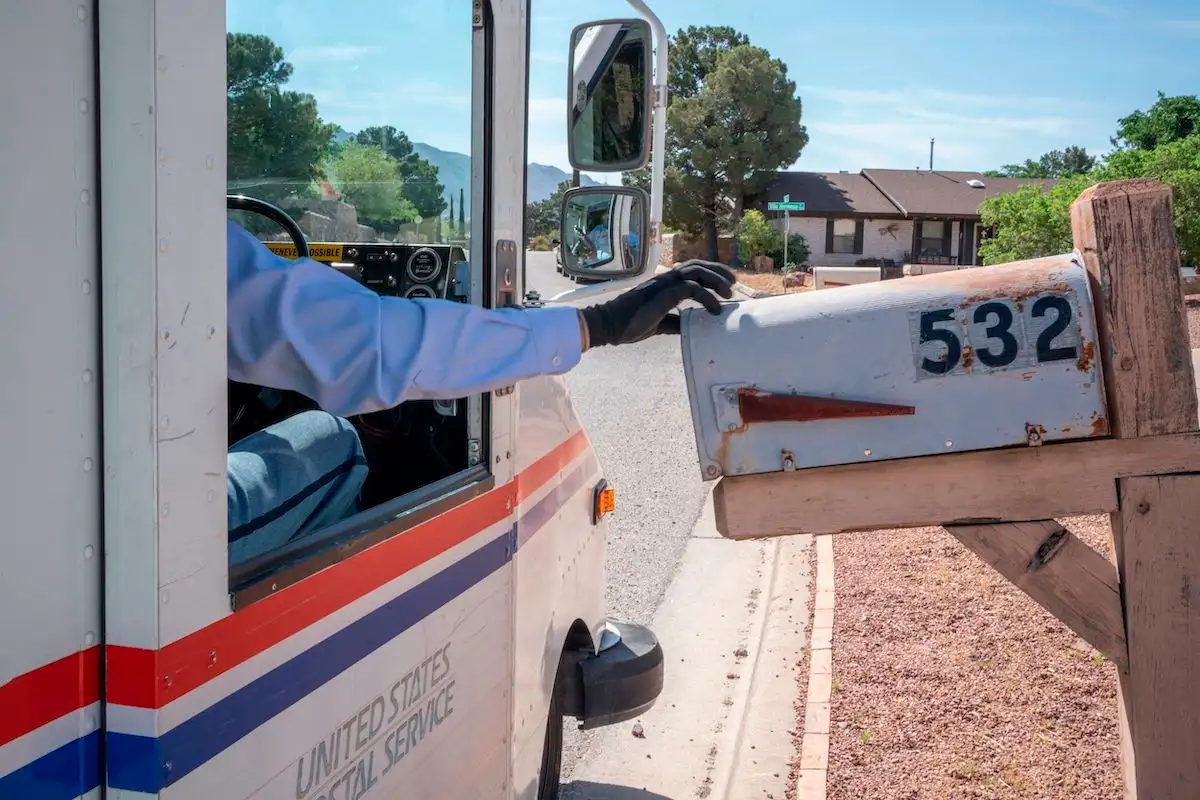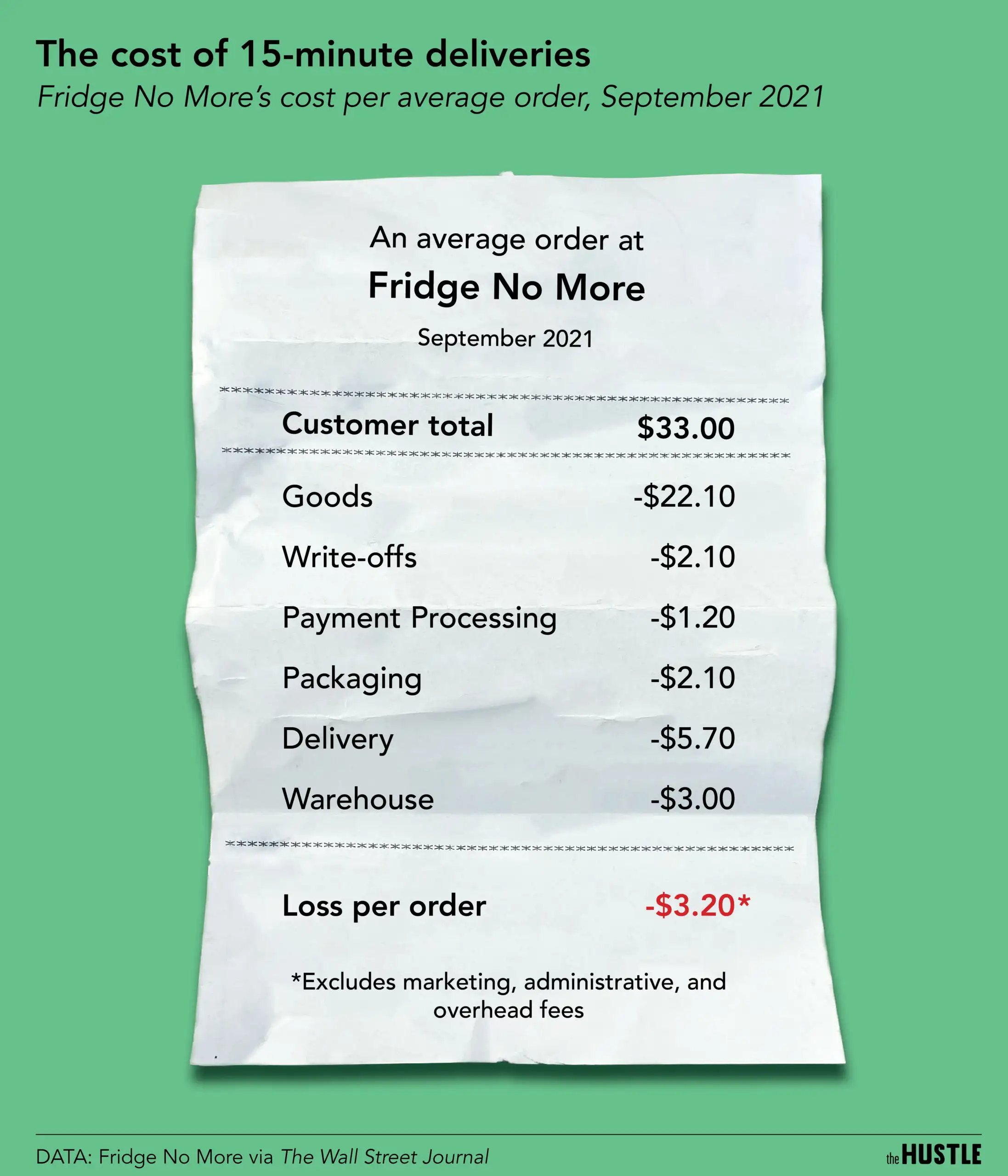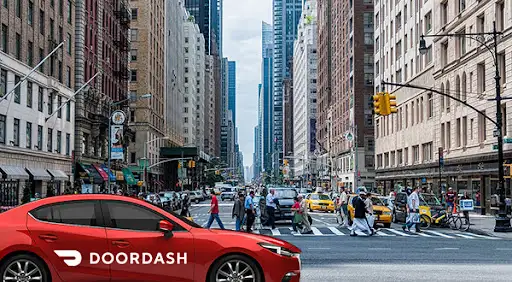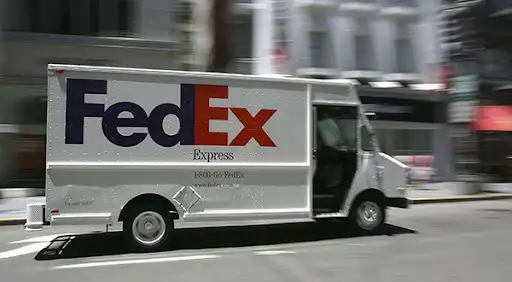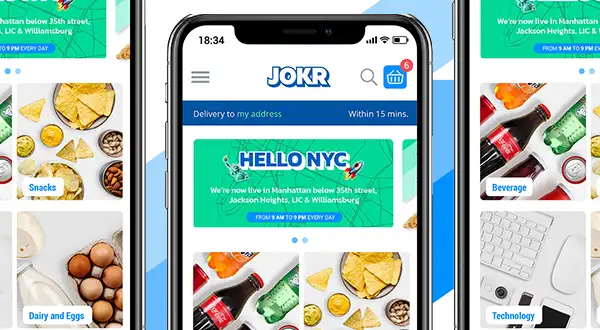If you’ve ever lived in a big city, then you likely have an affinity for bodegas — and their legendary sandwiches.
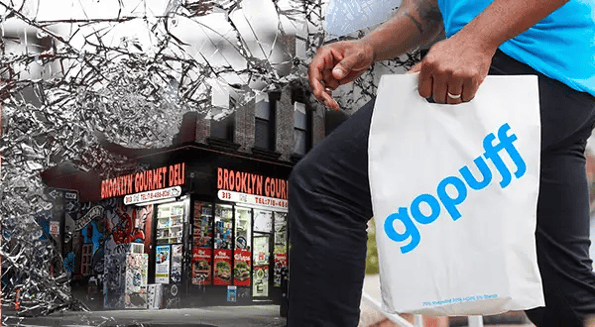
According to a recent report by CNBC, the rise of instant delivery startups – which can deliver groceries and goods in 15 minutes or less – could lead to a murky future for bodegas in New York City and beyond.
Startups like…
… Gopuff, Gorillas, and Jokr have expanded rapidly in NYC, and the influx has bodega owners worried for good reason:
- The instant delivery sector raised $5.76B in VC funding in the 1st 10 months of 2021
- Key players are willing to incur massive losses to gain market share
- Critics say they’ve seen this story before with ride-sharing when Uber and Lyft took massive losses to grab market share from NYC taxis
Without the same ability to take losses, bodega owners worry the instant delivery winners could price them out of existence.
Zoning laws could be the answer
Many instant delivery startups run out of micro-fulfillment centers, AKA mini warehouses. (Gopuff is an exception and offers retail at its NYC locations.)
New York City officials haven’t made an official ruling on how to categorize these locations from a zoning perspective, and bodega owners are eagerly awaiting the verdict, because:
- Bodegas often operate in residential and commercial districts.
- In NYC, warehouses are usually categorized for either manufacturing or commercial use cases.
If micro-fulfillment centers are categorized as manufacturing, they won’t be allowed to operate in the same neighborhoods as bodega owners.
The bottom line: NYC’s decision could have massive implications for bodegas and their loyal patrons across the country.

